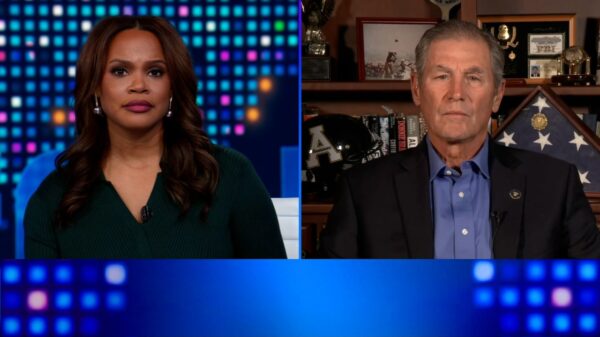Jennifer Lawrence has shared her personal experiences with postpartum depression, revealing the challenges she faced after becoming a mother. In the November 1 episode of “The Interview” podcast by The New York Times, the actress candidly discussed the complexities of balancing motherhood and her career.
Lawrence, 35, expressed that motherhood is a deeply sacrificial journey. “Having kids is gratifying and it’s amazing and rewarding, but it’s not not sacrificial,” she stated. She reflected on the difficulty of putting her career on hold, admitting it felt “vain and selfish” to want to continue working while focusing on her family. “I would not be complete if I couldn’t make movies. I just wouldn’t,” she added.
The actress, who married Cooke Maroney in October 2019, welcomed their first child, son Cy, in February 2022. Earlier this year, they had a second baby, although details about the newborn remain private.
After the birth of her first child, Lawrence initially found that acting suited her role as a hands-on mother. However, she soon realized that the reality was more challenging than expected. “So I’m reckoning with, ‘How much is it OK to love this and not want to give it up?’” she explained.
With the arrival of her second child, Lawrence faced heightened anxiety and sought solace through literature. “I really lost myself in ideas,” she noted, highlighting how reading has always helped her process emotions.
Her journey into postpartum themes continued when famed director Martin Scorsese approached her to star in the film Die My Love, inspired by the novel of the same name by Ariana Harwicz. The film explores the struggles of a young mother dealing with postpartum depression while her husband suffers from psychosis. Lawrence described her experience reading the book shortly after giving birth to Cy, recalling, “I read it in one sitting.”
During the filming of Die My Love, Lawrence was pregnant with her second child. She acknowledged that certain themes in the film resonated with her personal experiences. “I spoke to a postpartum specialist who told me that a No. 1 cause of death in mothers in the first year is suicide,” she said. This knowledge influenced the film’s narrative, prompting discussions about its darker elements.
While her postpartum experience with Cy was relatively positive, Lawrence described her second experience as markedly different. “I felt like a tiger was chasing me every day. I had so much anxiety,” she shared. She faced intrusive thoughts that led to self-doubt and fear of worst-case scenarios.
To manage her symptoms, Lawrence turned to therapy and medication. She specifically mentioned a prescription drug called Zurzuvae, which she took for two weeks, saying it made a significant difference. “So if anybody’s having postpartum: Zurzuvae. I’m not paid by them, but they could maybe throw me something,” she joked, emphasizing the importance of seeking help.
Lawrence’s openness about her struggles with postpartum depression sheds light on the often-hidden challenges many new mothers face. By sharing her story, she aims to encourage others to seek support and recognize that mental health is an important aspect of the postpartum journey.





































































